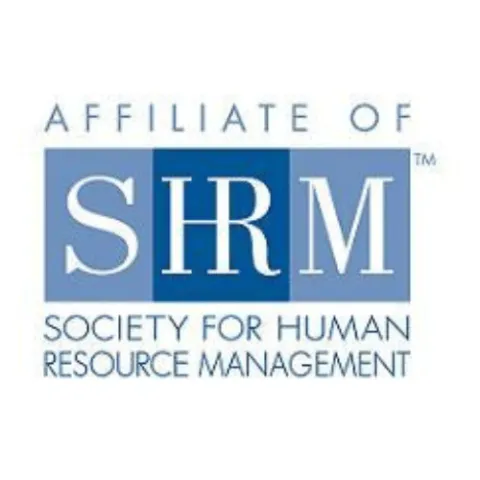
HR Management Emphasis
Business, BS- Program Delivery
- On Campus, Online, Hybrid
- Total Credits
- 120 Credits
About the Program
HR Management Emphasis
The UCCS Human Resources Management (HR) emphasis provides students with the knowledge to develop and maintain company relationships. Students gain the skills required to find and recruit employees, train staff, create an inclusive and diverse workplace, negotiate salaries and compensation, and work with labor leaders and unions.

Focus of Study
The Human Resources Management emphasis prepares students for careers in human resources by covering topics such as recruiting, staffing, training and development, performance appraisal, evaluation, compensation, career planning, safety and health, equal employment opportunity and affirmative action, and labor relations.
Program Requirements
Each candidate for the Bachelor of Science-Business degree in the Professional Program must complete the prescribed courses in an area of emphasis comprising a minimum of 18 - 24 semester hours taken at UCCS in addition to the required courses in the Business degree.
To earn a professional area of emphasis, a grade point average of 2.5 is required for the area of emphasis courses, with no grade below a C-; a 2.5 cumulative GPA is required for all business courses; and a 2.0 GPA is required overall. Students who graduate with an area of emphasis and/or business grade point averages from 2.0 to 2.49 will not earn an area of emphasis. All attempts of emphasis courses will be calculated into a student's GPA.
By completing extra courses, a student can earn a second area of emphasis. To earn a double area of emphasis, a student must fulfill all the requirements for both areas. If there are not at least 15 hours of unique courses in the areas, then the student cannot earn a double area of emphasis.
For details on degree requirements, please visit the Academic Catalog.
Program Coursework
Courses |
Complete all of the following courses:
Complete one of the following courses:
|
For details on program coursework, please visit the Academic Catalog.
Society for Human Resource Management
The Society for Human Resource Management (SHRM) is the leading voice of the human resource profession, representing the interests of over 60,000 professionals and 6,000 student members worldwide.
SHRM provides its members with educational and informational services, conferences and seminars, government and media representation, and publications that equip human resource professionals for their roles as leaders and decision-makers within their organizations. The society is a founding member and Secretariat of the World Federation of Personnel Management Associations (WFPMA), which links human resource associations in 55 nations.
As a national student member of the society, you will learn about the "real world" of human resource management (HRM) through award-winning publications and educational opportunities.
SHRM has over two dozen listed benefits and services for its members, including:
- Information resources
- Networking opportunities
- Scholarships
- International Access
For more information on the UCCS Student SHRM club, please contact the club faculty advisor, Dr. Dayna Herbert Walker at dherber2@uccs.edu.

Admission Details
To learn more about admission requirements and the UCCS undergraduate application process, please visit the UCCS Admissions page.
Additional resources for Admissions:
